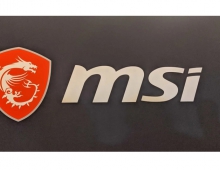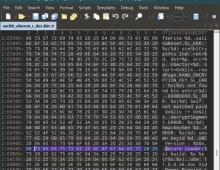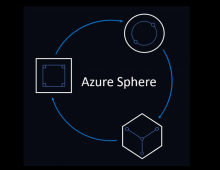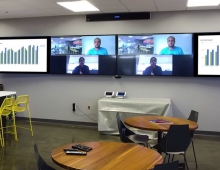
Hackers Circulate Malicious Mandiant Report
Symantec has discovered that someone has been performing targeted attacks by using a recent report by a security firm that accuses the Chinese military of supporting widespread cyber attacks on U.S. companies.
The report (APT1: Exposing One of China's Cyber Espionage Units) released last week by cyber forensics firm Mandiant, is used as bait in an attempt to infect those who might be interested in reading it, Symantec says.
The report has drawn worldwide attention by both the security world and the general public. This interest is due to the conclusion the report has drawn regarding the origin of targeted attacks, using advanced persistent threats (APT), performed by a certain group of attackers dubbed the 'Comment Crew. '
The email Symantec has come across is in Japanese, but this does not mean there are no emails in other languages spreading in the wild. The email purports to be from someone in the media recommending the report. The attachment is made to appear like the actual report with the use of a PDF file and the name of the company as the file name. However, like in many targeted attacks, the email is sent from a free email account and the content of the email uses subpar language.
Symantec detects the fake report as Trojan.Pidief. Once it's opened, a blank PDF is shown but in the background exploit code for Adobe Acrobat and Reader Remote Code Execution Vulnerability (CVE-2013-0641) is executed. The PDF file may drop Trojan.Swaylib and Trojan.Dropper, which drops Downloader, if the vulnerbility is successfully exploited.
Symantec has also also confirmed that there are multiple variants of the malicious fake report.
Similar tactics have been used in the past, one of which actually involved Symantec. Back in 2011, when the security firm released a whitepaper on another group performing targeted attacks, the attackers took the opportunity to use the publication to infect those interested in reading the paper.
The original report is available from Mandiant at intelreport.mandiant.com/ and charges that a secretive Chinese military unit is behind a series of hacking attacks. Last week it prompted a denial from Beijing and accusations that China was in fact the victim of U.S. hacking.
The report has drawn worldwide attention by both the security world and the general public. This interest is due to the conclusion the report has drawn regarding the origin of targeted attacks, using advanced persistent threats (APT), performed by a certain group of attackers dubbed the 'Comment Crew. '
The email Symantec has come across is in Japanese, but this does not mean there are no emails in other languages spreading in the wild. The email purports to be from someone in the media recommending the report. The attachment is made to appear like the actual report with the use of a PDF file and the name of the company as the file name. However, like in many targeted attacks, the email is sent from a free email account and the content of the email uses subpar language.
Symantec detects the fake report as Trojan.Pidief. Once it's opened, a blank PDF is shown but in the background exploit code for Adobe Acrobat and Reader Remote Code Execution Vulnerability (CVE-2013-0641) is executed. The PDF file may drop Trojan.Swaylib and Trojan.Dropper, which drops Downloader, if the vulnerbility is successfully exploited.
Symantec has also also confirmed that there are multiple variants of the malicious fake report.
Similar tactics have been used in the past, one of which actually involved Symantec. Back in 2011, when the security firm released a whitepaper on another group performing targeted attacks, the attackers took the opportunity to use the publication to infect those interested in reading the paper.
The original report is available from Mandiant at intelreport.mandiant.com/ and charges that a secretive Chinese military unit is behind a series of hacking attacks. Last week it prompted a denial from Beijing and accusations that China was in fact the victim of U.S. hacking.





















